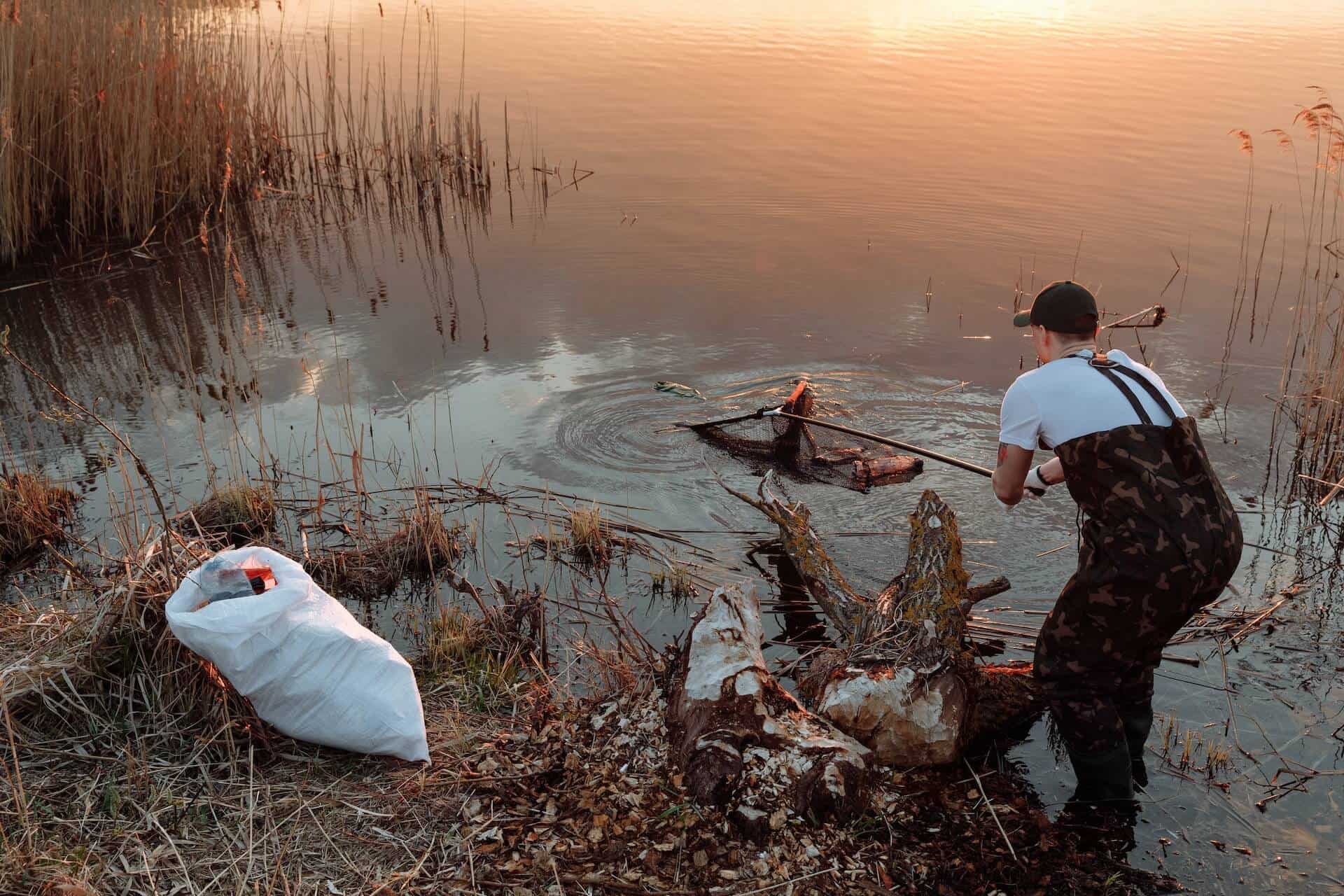Do you love the environment, and want to protect it? The right degree can equip you with the skills to advocate for and conserve the environment. There are many environmental degrees out there. But, which one is right for you?
If you’re interested in a career focused on the environment, read on! Let’s discuss environmental degrees in detail.
What to Consider When Looking at Different Environmental Degrees
Here are a few things to consider when looking at the different environmental degrees available:
1. What Are Your Career Goals?
Do you want to work in the field of environmental science? Or, are you interested in a career in environmental engineering? Your career goals should be a significant factor in deciding what type of environmental degree to pursue.
2. What Are Your Interests?
Do you want to study the environment from a scientific perspective? Or, are you more interested in environmentally sustainable technology? Consider your interests when choosing a degree.
3. What Are Your Skills?
Do you have strong analytical skills? Are you good at problem-solving? Your skills and abilities should be considered when choosing a degree.
4. What Is Your Schedule Like?
Do you have the time to commit to a full-time degree? Would you prefer a part-time or online degree? Consider your schedule and lifestyle when choosing what to study.
5. What Is Your Budget?
Do you have the financial resources to commit to a full-time degree, or do you have the option to apply for scholarships? Perhaps you would prefer a more affordable degree, through an online institution. Whatever the case, consider your budget when choosing a degree.
Once you’ve considered all these factors, you should know what you want from your degree. Let’s take a look at the different options out there. One of these degrees might be perfect for you!
Different Types of Environmental Degrees
Here are 6 of the most common environmental degrees.
Environmental Science Degree
An environmental science degree focuses on addressing the preservation and stewardship of the natural world. You’ll learn how to advocate for, and enforce, policies that encourage a responsible and ethical relationship with the environment.
With subjects such as natural sciences, engineering, and social sciences, this degree will prepare you to understand the environment and the impact humans have on it. You’ll also learn ways to mitigate these impacts and protect the environment.
Expect to be taught about energy, air, and water pollution, as well as climate change, biodiversity, sustainability, and human health. You’ll be exposed to quantitative and qualitative content in this degree.
This degree is about more than theoretical knowledge. Depending on your school of choice, you’ll get to explore the earth through field studies, internships, or visits to local ecosystems.
With an environmental science degree, you’ll be prepared for a career in various technical, policy, governmental, or non-profit fields. For example, you could be part of the exciting process of monitoring and evaluating compliance with local environmental policies.
Conservation Biology Degree
If you love researching and studying cellular molecules and organelles, you’ll love a conservation biology degree.
Some subjects you’ll study include extinction theory, human-animal and human-plant interactions, wetland conservation, and field, forest, and wildlife biology.
With this degree, you can conduct bioinformatics theory research in groundbreaking fields such as pharmaceuticals, medical technology, computational biology, and biotechnology.
This degree will equip you with the skills to use evidence-based research to protect the planet!
Environmental Health Degree
An environmental health degree focuses on the environmental sciences, public health, and the study of environmental factors that affect human health and safety.
Some of the subjects you’ll have a chance to master include human diseases, water and soil quality, radiation protection, and solid and hazardous waste management.
With a degree in environmental health, you can expect to start a lifelong career as a professional environmental health specialist. You can also become a public policy analyst or risk assessment communicator.
You might even find yourself researching and investigating sources of pollutants or hazards that affect the environment or public health.
Environmental Psychology Degree
Environmental psychology studies how actions and lifestyles can impact the physical environment.
As an environmental psychology student, you’ll study the natural environment and social settings. You’ll also explore how human interaction can impact these environments.
You’ll get to spend time identifying methods and procedures to improve human relationships with the environment.
An environmental psychology degree is sure to open interesting doors. Each one will make use of your unique experiences and skills. For example, many companies use environmental psychologists to understand more about beneficial ecological practices. Environmental psychologists can help companies understand policies and regulatory standards to ensure cooperation.
Environmental Studies Degree
Are you curious about fauna, flora, or other biophysical elements? What about ecological processes? Are you interested in the physical structures that comprise our urban cities?
If yes, then an environmental studies degree is perfect for you! With this degree, you’ll be able to examine, evaluate, and investigate conformity with laws and regulations governing pollution.
You’ll learn how to protect the public from pollution, minimize its environmental impact, and ensure compliance with federal and state ordinances.
After completing your degree, you can expect to find employment as one of the following:
- Environmental analyst
- Park ranger
- Conservation officer
- Forest resource officer
Remember, communication will be a crucial skill for this degree. You’ll also need to work well with others to protect the environment and raise awareness about it.
Environmental Technology Degree
Suppose you’re looking for an environmental degree that combines engineering with environmental control systems. In that case, an environmental technology degree or a degree in environmental health engineering is your best bet.
This degree will teach you to apply the theory and principles of environmental engineering to prevent and control environmental problems.
As a student, you’ll get the exciting opportunity to participate in laboratory work and field tests. During these tests, you’ll monitor the environment and investigate sources of pollution.
If you’re interested in this degree, you’ll learn the following skills:
- Problem-solving
- Analytics
- Project management
- Teamwork
- Communication skills
- Working under pressure
Environmental technologists and engineers are at the forefront of combating pollution. These professionals work to reduce industry carbon footprints and heal nature with technology.
Is a Master’s Degree Necessary?
While an environmental master’s degree isn’t necessary to secure a career, it’s worth considering.
A master’s degree allows you to delve into a topic you’re passionate about, and build your expertise around it. However, it also has the power to boost your earning potential.
According to the Bureau of Labor Statistics, an environmental scientist with a master’s degree can expect an average salary of $76,530.
While there’s no substitute for experience, a master’s degree can help you to enter a field in a more advanced role. If you pursue an undergraduate degree, you’ll need to spend more time building up experience to apply for higher-level positions.
Final Thoughts
There are many different types of environmental degrees available, so it’s important to choose the one that’s right for you.
Consider your career goals and interests when making your decision! You can pursue exciting and rewarding careers with an environmental degree, from science to policymaking.
If you want to be the change you wish to see in the world, an environmental degree might be an excellent degree to consider.
Catherine Ulrich is a forever student. Having two bachelor’s degrees, and a professional diploma under her belt, she’s always looking for new things to master.

